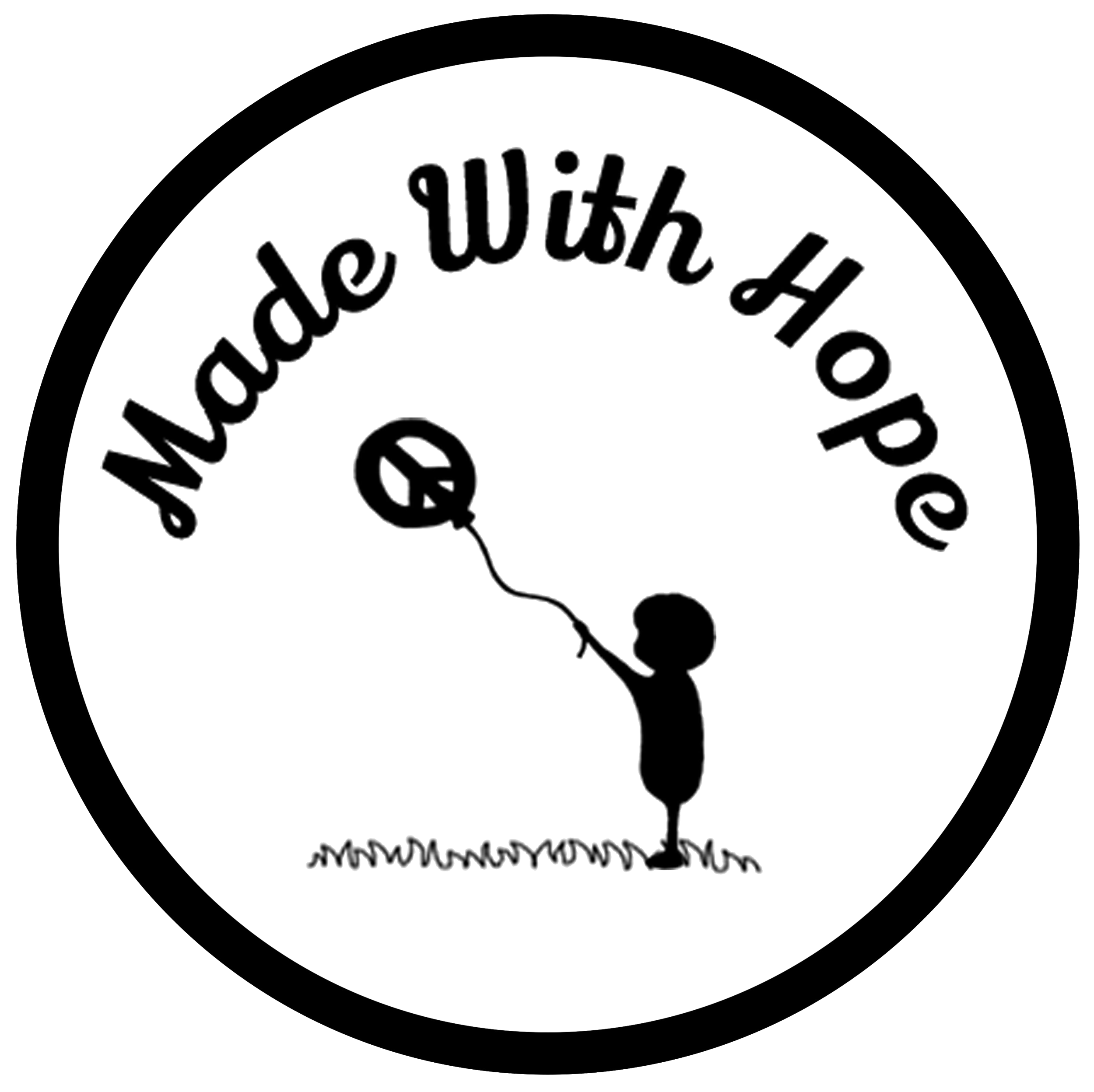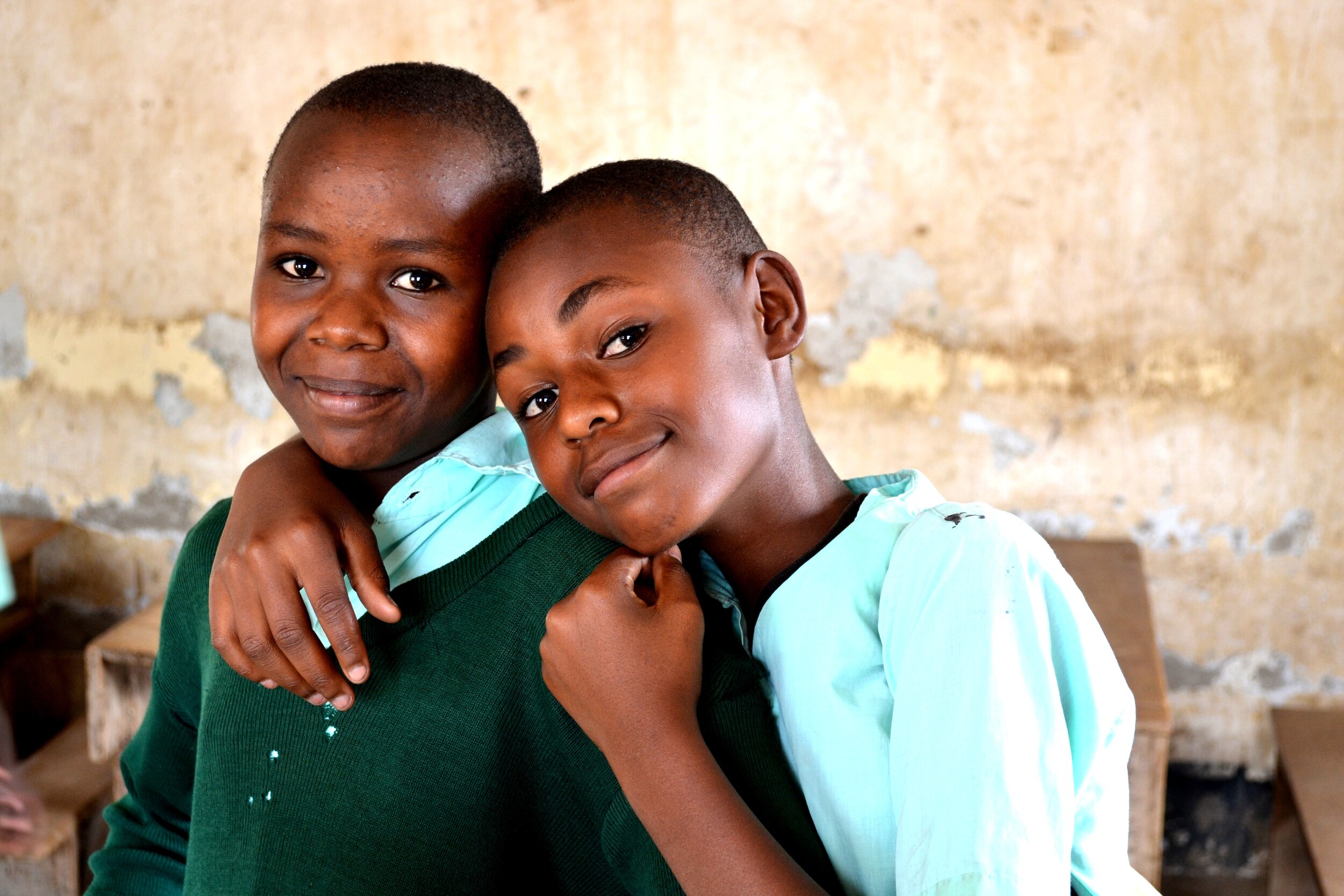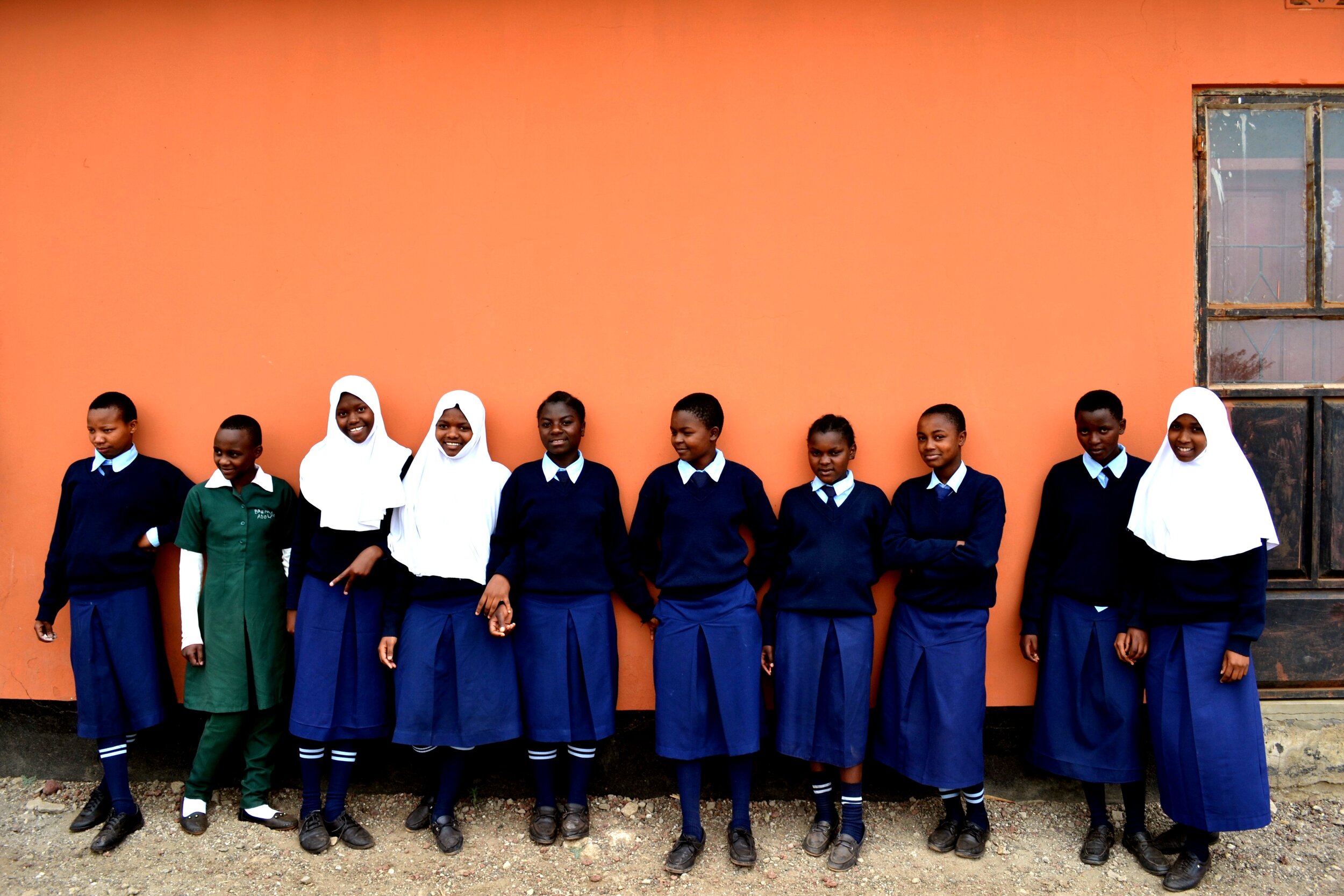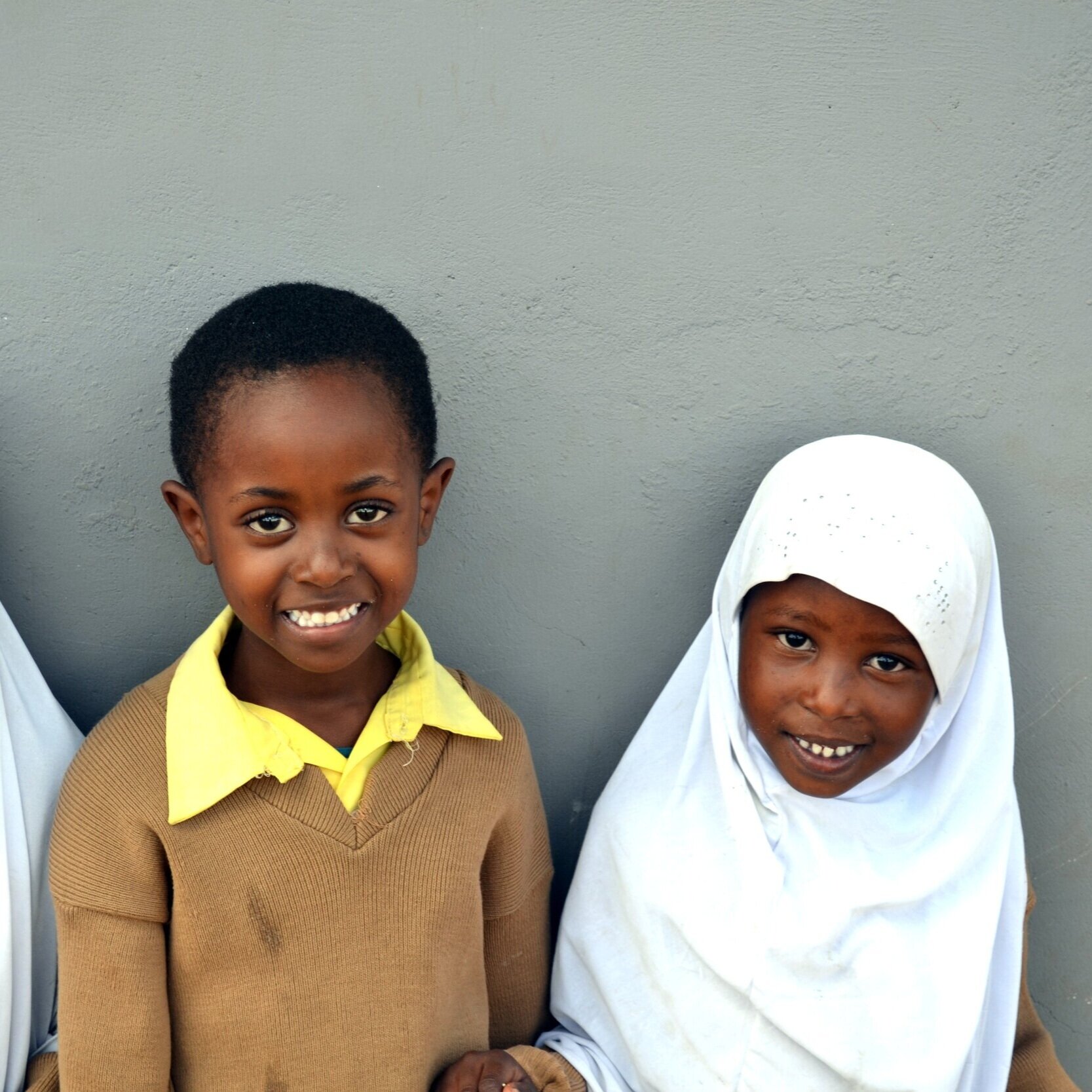Girl Empowerment: Menstrual Hygiene Management Project Update
The importance of Menstrual Hygiene Management (MHM)
While access to sanitary products and information on menstruation is a basic right for women and girls around the world, in many countries there are huge barriers to Menstrual Hygiene Management (MHM). For girls living in poverty, MHM education is essential in ensuring girls get the support they need on their periods, and are able to ask questions about menstrual challenges. MHM education is a step towards removing shame from talking about periods for many girls in countries like Tanzania.
Menstruation is seen as taboo in Tanzania, therefore girls feel uncomfortable talking to family, peers and teachers, let alone attending school during their cycle. From our research, girls have told us about the stigma around menstruation, this excludes girls from learning about their own bodies and from opportunities to learn about hygiene and safe sanitary products. Made with Hope has seen that a lack of sexual education in schools, particularly in Tanzania, means that boys add to the stigma around periods. Girls are embarrassed by comments made by boys who do not understand menstruation. MHM is key for both male and female students to aid in eradicating period poverty.
MHM education breaks down the barriers faced by girls in Tanzania and many other developing countries. Cultural barriers often stand in the way of providing girls with knowledge and ability to manage their periods, therefore MHM provides an open space to break down taboos. By normalising MHM education schools will become better equipped with period-friendly toilets and sexual education classes that will benefit all students.
Why are we doing a MHM project?
In September 2019, we ran a number of community focus groups at our partner schools in Tanzania where we found that many of the girls face multiple barriers while on their periods. Some of the challenges these girls face at school include:
Being teased by boys and who use bad language towards them once their menses have begun;
Too afraid to speak to teachers about any issues or questions about their period;
Missing school when on their period; and
Girls who use kanga (cloth) to manage their period explained they are unable to change the kanga often, which makes the cloth smell while wearing them.
We wanted to address these challenges to ensure girls can manage their periods with confidence and safely at school so it does not interrupt their education and make them feel stigmatised.
Vaileth from Femme International explaining about MHM and showing the products
Project summary
Using our extensive on-the-ground research, our MHM project includes three solutions to support girls at school:
MHM resources used in the workshops
Menstrual Hygiene Management (MHM) education
Providing access to reusable menstrual products
Build girls toilets, with ‘period-friendly’ cubicles
We will provide MHM education for 353 girls (aged 11 and older) in five schools through educational workshops on key themes, such as menstruation and puberty, and provide these girls with access to sustainable menstrual products to manage their periods. The girls will have the choice of one of two menstrual kits - reusable sanitary pads or a menstrual cup. By providing information and resources, the project aims to educate and empower girls to manage their period comfortably and safely at school.
The project also involves the wider-community, including parents, village leaders and boys, on MHM education and how they can support girls in their school. Teacher and parent meetings are organised to educate them about MHM and to learn how they can help their children at home. Engaging the wider community means the project can be sustainable and impactful, ensuring girls will continue to receive support.
We have partnered up with Femme International, a charity working to break the menstrual taboo in East Africa, who will deliver MHM education and provide the sanitary product kits. Using local experts means the girls can be taught in their local language in a friendly environment as well as ensuring the project is delivered to a high-quality standard.
The MHM workshops and provision of reusable menstrual products are kindly funded by Giving2Girls, a non-profit organisation focused on supporting and improving the lives of girls in developing countries. We are so grateful for their support and we wouldn’t be able to implement this without them!
“This project is very important to our young girls and boys since it is providing a chance for them to learn in a comfortable environment. The project aims to support parents and families economically as they will not have to buy the menstrual products for their girls every month and instead, the project intends to distribute the products to young girls which can last up to 10 years.”
The second part of the project is to build girl’s toilets. To date, we have already built 14 girls toilets and we have seen the positive impact this has had on girls education. We aim to construct 30 more toilets to provide a safe and sanitary space for 542 girls. The ‘period-friendly’ toilet cubicles will include a tap, bin and space for girls to change and manage their periods.
Expected Impact of the Project
What are the intended outcomes for each of our solutions?
MHM education
Increase knowledge of feminine health & hygiene among students and community members
Reduce the rate of deliberate absenteeism among the adolescent girls
Break down taboos
Increase knowledge of managing their period at school & home
Reusable menstrual products
Ensure girls have the tools they need to safely manage their menstrual cycles
Girls toilets
Improve hygiene standards to ensure girls have the facilities to manage their period while at school
Reduce risk of urinary tract infections and other diseases
By achieving these goals and supporting 542 girls, the main expected impact of this project is for girls to comfortably manage their periods while at school and to feel empowered to succeed at school. No girl should miss school days for their period and we are working hard to change that!
Current status of the project
The project was ready to be launched back in March 2020, but due to the pandemic and the closure of schools in Tanzania, it was postponed. The reopening of primary and secondary schools in Tanzania means that we are super excited to announce that our MHM project launched on Monday 17th August! The first workshops are taking place at Mshikamano Primary School where students are excited to learn about MHM. The workshops will be going to our other four partner schools in the coming weeks.
You can find the latest updates on the MHM project on all our social media channels!
By Evie Gilbert and Jess Pace, Project Volunteers







